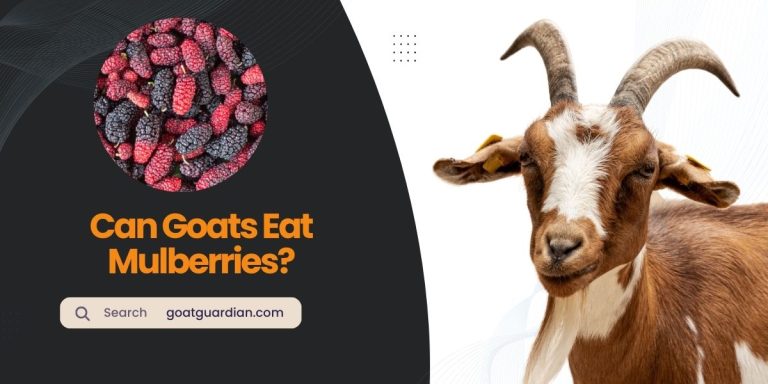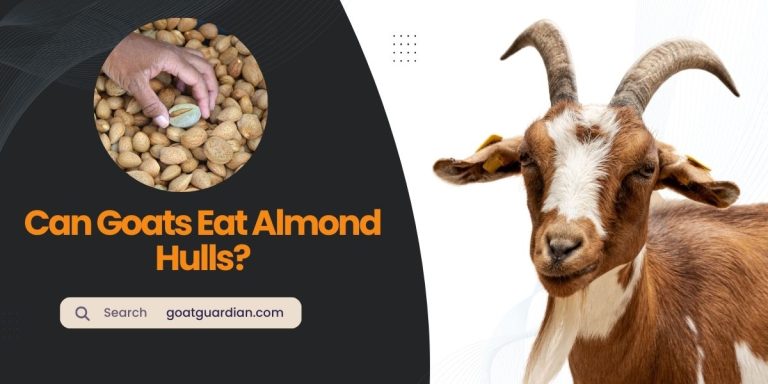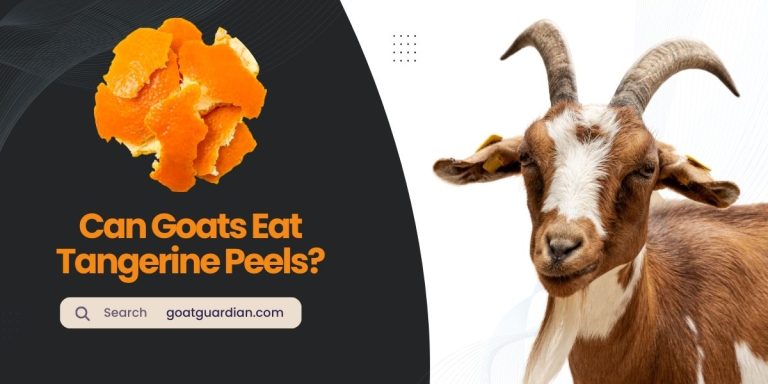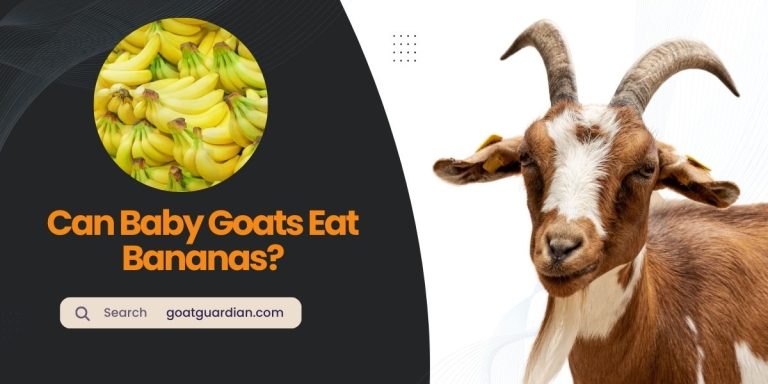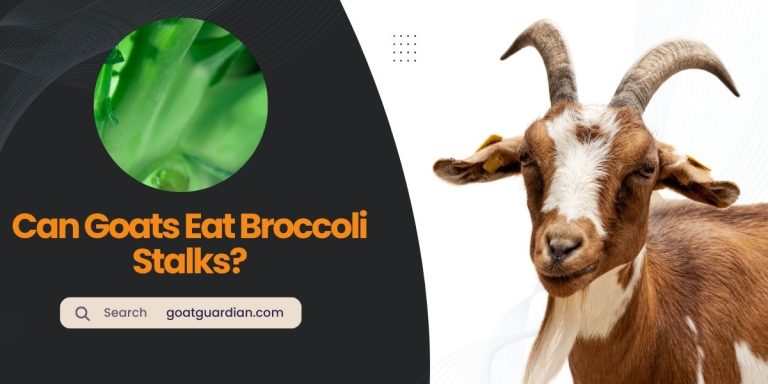Can Goats Eat Silage? (Risks and Benefits)
Yes, goats can eat silage, but there are risks and challenges involved. Silage can be a good alternative to other feedstuffs if the nutritional values decline or fluctuate.
However, it’s important to be cautious because goats are susceptible to listeriosis, a risk associated with feeding them silage. Some goat owners prefer feeding ensiled grass as an alternative to baling when the weather conditions are not favorable.
Silage is the result of fermenting forage crops, and while there is nothing inherently wrong with feeding goats silage, it’s crucial to ensure it is properly fermented and not moldy.
The amount of silage a goat can consume depends on factors such as weight, nutritional needs, and the availability of other feed options.
Benefits Of Feeding Silage To Goats
Feeding silage to goats is generally safe and can be a suitable alternative during fluctuating nutritive values of feedstuffs. Silage provides consistent nutrition, making it ideal for production situations that require daily nutrition.
It can also be a cost-effective source of nutrients, especially on large farms where feeding can be mechanized. Ensilage grass as an alternative to baling can be beneficial, particularly when weather conditions are unfavorable.
However, it is important to note that feeding silage to goats does come with some risks and challenges. There is nothing inherently wrong with feeding silage to goats, but it’s crucial to ensure proper fermentation and avoid poorly fermented or moldy silage to prevent health issues like listeriosis.
It is always recommended to consult with a veterinarian for specific feeding recommendations and to monitor the goats’ health and well-being closely.
Risks And Challenges Of Feeding Silage To Goats
If the seasonal nutritive values of browse and other feedstuffs decline or fluctuate, silage can be a good alternative, especially in production situations that require consistent nutrition on a daily basis. Feeding silage to goats is generally safe but does come with some risks and challenges.
One of the risks of feeding silage to goats is the potential for listeriosis. Goats are very susceptible to this disease, which can be caused by consuming poorly fermented or moldy silage. Additionally, silage may contain unhealthy substances that can be harmful to goats.
To reduce these risks, proper care needs to be taken when feeding silage to goats. Ensuring that the silage is well-fermented and does not contain any mold is crucial. It is also important to monitor the health of the goats closely and make any necessary adjustments to their diet if any health issues arise.
While there is nothing inherently wrong with feeding silage to goats, it is important to be aware of the potential risks and challenges involved and take the necessary precautions to keep the goats healthy.
How To Safely Feed Silage To Goats
Feeding silage to goats can be a safe alternative when the nutritional values of other feedstuffs decline or fluctuate. Silage can provide consistent nutrition on a daily basis, making it suitable for production situations.
However, there are some risks and challenges associated with feeding silage to goats. One consideration is ensuring the quality and freshness of the silage. Proper fermentation is crucial to maintain the nutritional value and safety of the silage.
Monitoring the health and behavior of goats while feeding silage is also important. Goats are susceptible to listeriosis, so it’s essential to avoid poorly fermented or moldy silage. Additionally, there are limitations on the amount of silage goats can eat.
Feeding management should consider the dietary needs and individual characteristics of the goats to ensure optimal health and well-being.
Frequently Asked Questions On Can Goats Eat Silage
How Much Silage Can A Goat Eat?
Goats can eat silage, but there are risks and challenges involved. Silage can be a good alternative when other feed options decline in nutritive value. However, there is a risk of listeriosis, so it’s important to be cautious. Feed amount per goat per day varies.
What Is The Best Silage For Goats?
The best silage for goats is generally safe to feed, but it does come with risks and challenges. It can be a good alternative when the nutritional values of other feed decline or fluctuate. However, it is important to be cautious as silage can contain unhealthy elements for goats.
Can Goats Eat Fresh Corn Silage?
Yes, goats can eat fresh corn silage, but it comes with some risks and challenges. Feeding silage to goats is generally safe, but there is a risk of listeriosis. It can be an economical source of nutrients, especially on large farms.
However, it is important to ensure proper fermentation and avoid moldy silage.
Can Sheep And Goats Eat Corn Silage?
Sheep and goats can eat corn silage, but there are some risks and challenges involved. Silage can be a good alternative for consistent nutrition, but it may contain unhealthy elements for goats. Feeding silage to goats should be done with caution to avoid the risk of listeriosis.
Conclusion
Feeding silage to goats can be a safe alternative when the nutritive values of other feedstuffs decline. However, there are risks and challenges associated with feeding silage, such as the risk of listeriosis. It is important to properly ferment and store the silage to prevent any health issues for the goats.
Overall, while it can be an economical source of nutrients, caution should be exercised when feeding silage to goats.


